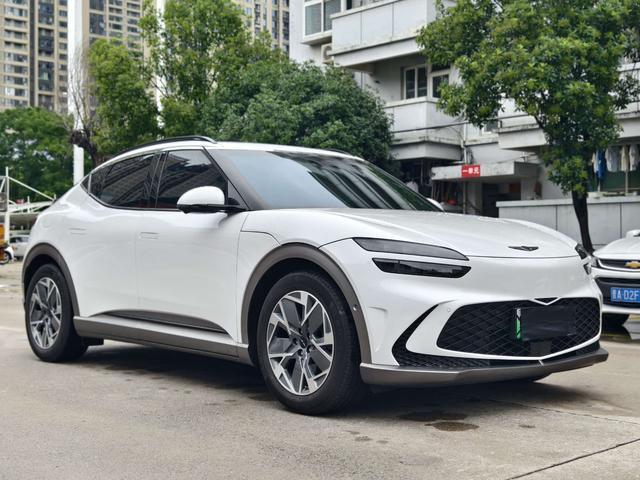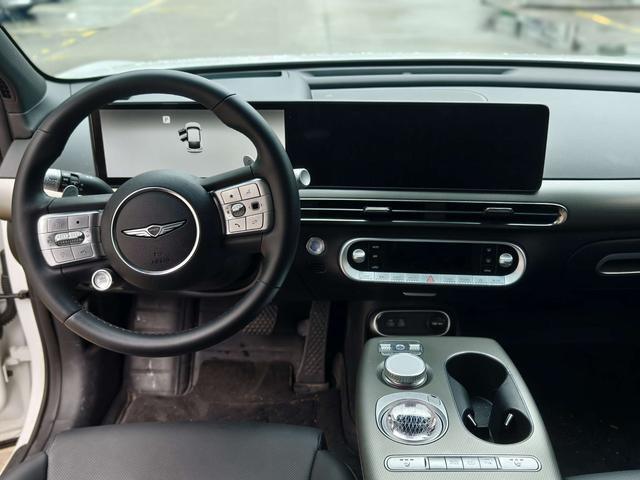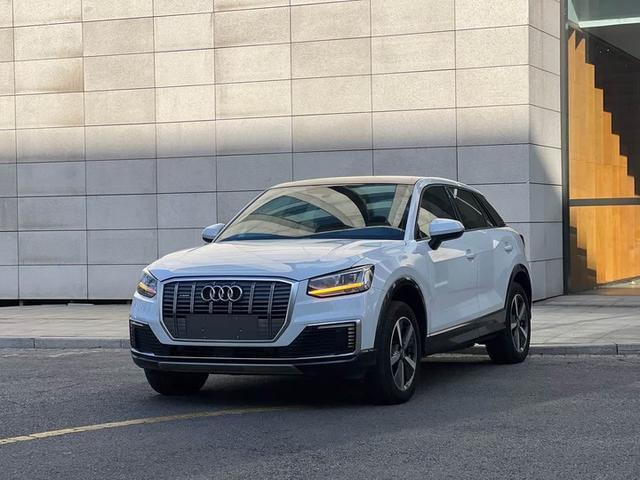new energy electric vehicle
New energy electric vehicles represent a revolutionary advancement in automotive technology, combining sustainable transportation with cutting-edge innovation. These vehicles operate on advanced electric powertrains, utilizing high-capacity lithium-ion batteries that provide impressive range capabilities of up to 300-400 miles on a single charge. The sophisticated battery management system ensures optimal performance while extending battery life through intelligent charging and temperature control mechanisms. Modern electric vehicles feature regenerative braking systems that recover energy during deceleration, contributing to improved efficiency. The vehicles come equipped with smart connectivity features, allowing seamless integration with mobile devices for remote monitoring and control of various functions, including charging status, climate control, and vehicle location. Advanced driver assistance systems (ADAS) incorporate AI-powered safety features, including autonomous emergency braking, lane keeping assistance, and adaptive cruise control. The instant torque delivery characteristic of electric motors provides responsive acceleration while maintaining zero direct emissions, contributing to environmental preservation. These vehicles also feature spacious interiors due to the compact nature of electric powertrains, offering enhanced cargo capacity and passenger comfort compared to traditional vehicles.


